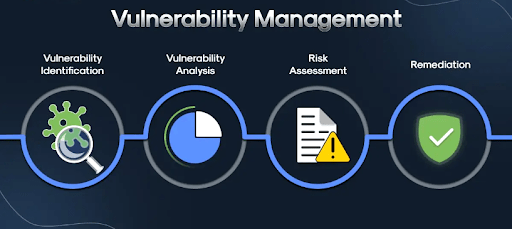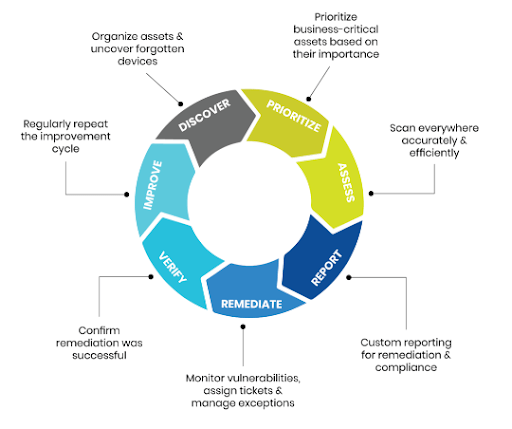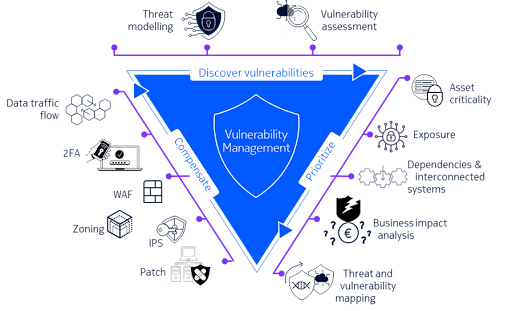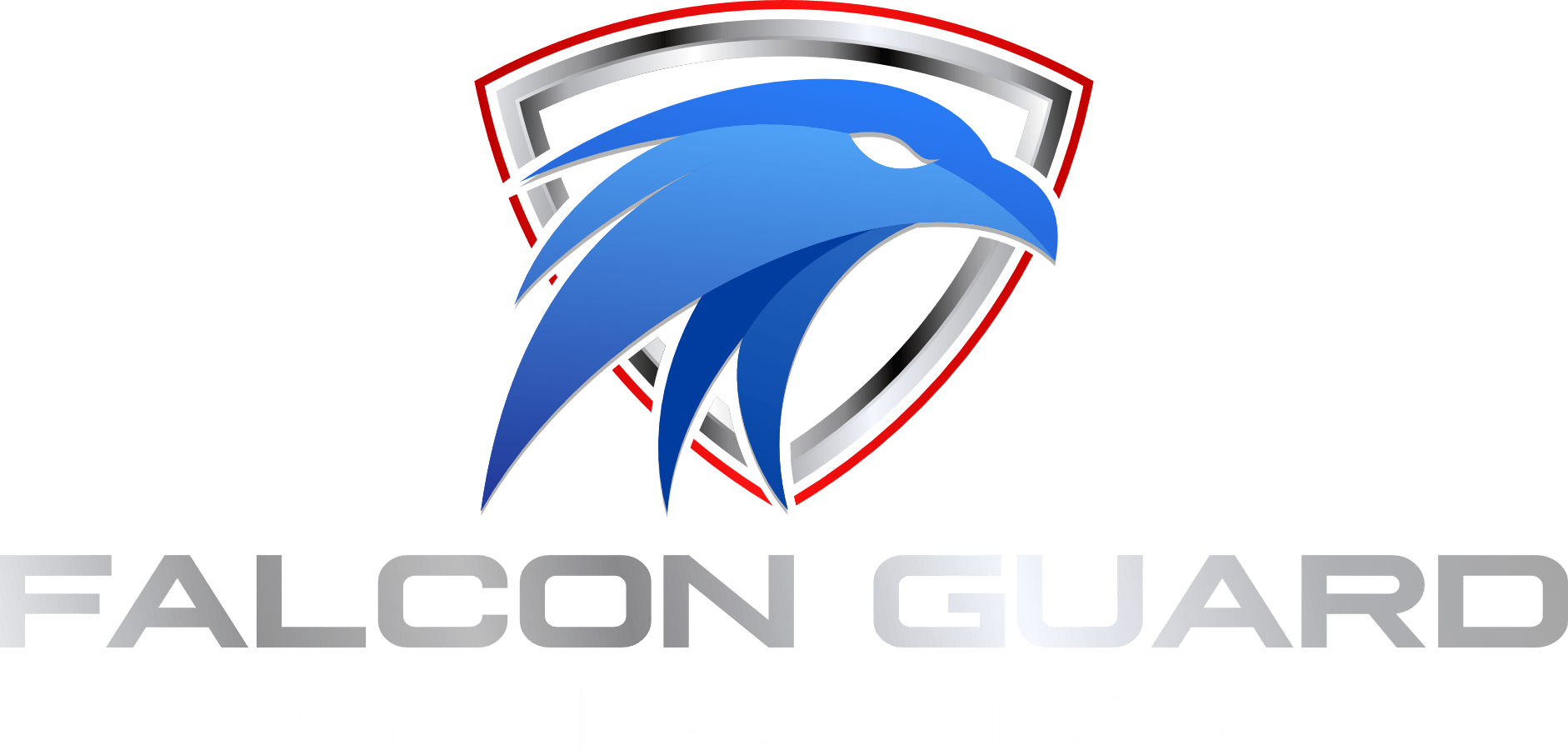Implementing Vulnerability Management Programs is Still Challenging for Many Companies
At Falcon Guard, we understand the importance of vulnerability management in preventing cyber-attacks. Through extensive research and years of experience, we’ve continuously emphasized vulnerability assessments and patch management as critical components of a successful security posture. In this blog post series, we’ll explore the 2024 State of Vulnerability Management Report, a survey conducted by Cybersecurity Insiders, and review how organizations are tackling the persistent challenges in vulnerability management.
The 2024 State of Vulnerability Management Report, conducted by Cybersecurity Insiders, can be accessed directly from their website. This report provides insights into how organizations address vulnerability management challenges, offering benchmarks, best practices, and key findings based on industry-wide surveys. You can explore the full report on their Cybersecurity Insiders Reports Page.
Feel free to download it and explore the latest trends and solutions for improving vulnerability management in your organization.
We’ll also examine how Falcon Guard helps organizations implement effective vulnerability management programs tailored to their specific needs.
As shown in previous case studies, organizations have consistently struggled with challenges like assessing the Log4j vulnerability or dealing with vulnerabilities in Apache Superset, MOVEit, and ChatGPT. Falcon Guard’s expertise in risk-based vulnerability management helps businesses effectively manage their exposure by prioritizing high-risk vulnerabilities that require immediate remediation.
2024 State of Vulnerability Management Report – Survey Findings:
The 2024 State of Vulnerability Management Report collected data from 421 cybersecurity professionals worldwide. The key findings show that:
- Visibility and Detection: Over half (51%) of organizations have only moderate visibility into vulnerabilities, with 26% detecting more than 100 new vulnerabilities each month.
- Patching Speed: Only 11% of organizations apply patches on the same day they’re available, while 47% take over a week, creating a significant window of risk.
- Maturity of Vulnerability Management Programs: Only 19% of organizations have highly mature vulnerability management programs, signaling a need for industry-wide improvements.

Key Objectives for Vulnerability Management Programs
Falcon Guard believes that timely scanning and patching, using a risk-based approach, is critical to minimizing exposure to cyber threats. Key findings from our latest report include:
- Real-World Impact: 24% of organizations reported a breach due to unaddressed vulnerabilities.
- Preventive Measures: While 85% of organizations conduct network vulnerability scans, only 65% prioritize vulnerabilities based on risk, leaving many potential gaps for exploitation.
- Barriers to Improvement: Budget constraints (56%) and skill shortages (46%) are the most significant barriers to effective vulnerability management, highlighting the need for innovative solutions and automation.
Timely Scanning and Patching Using a Risk-Based Approach is Critical
Timely scanning and patching are fundamental to maintaining a secure IT environment, but many organizations face significant challenges in implementing these practices effectively. According to Falcon Guard’s 2024 State of Vulnerability Management Report, only 35% of organizations conduct continuous vulnerability scanning, and even fewer (11%) apply patches on the same day they are made available. The time lag in detecting and addressing vulnerabilities exposes many businesses to potential threats.
As a leading Managed Security Service Provider (MSSP), Falcon Guard specializes in helping organizations overcome these challenges by offering a comprehensive Vulnerability Management solution. Here’s how Falcon Guard can assist:
1. Continuous, Automated Scanning
Falcon Guard utilizes cutting-edge tools to perform continuous and automated vulnerability scans across your entire IT infrastructure. This ensures that vulnerabilities are detected in real time, significantly reducing the time that critical flaws remain unpatched. Our experts tailor the scanning frequency to your specific needs, whether it’s daily, weekly, or continuous scanning for the highest-risk environments. By automating this process, Falcon Guard helps free up your internal IT staff, allowing them to focus on other critical tasks without sacrificing security.
2. Prioritization of Vulnerabilities Based on Risk
Not all vulnerabilities are created equal. Falcon Guard employs a risk-based approach that prioritizes vulnerabilities based on their potential impact on your business. We analyze each vulnerability using context, such as its likelihood of being exploited in the wild, the criticality of the affected system, and its overall impact on your operations. This intelligent prioritization ensures that your security team focuses on the most dangerous vulnerabilities first, closing the highest-risk gaps before attackers can exploit them.
3. Efficient Patch Management and Deployment
One of the greatest challenges organizations face is the patching process itself. Falcon Guard assists by managing the entire patch management lifecycle—from identifying vulnerabilities to testing patches in a controlled environment to their eventual deployment across your network. We streamline patching to minimize downtime and service interruptions, ensuring your systems remain secure while maintaining operational efficiency. In addition, Falcon Guard helps develop strategies for regular patch schedules, ensuring new patches are tested and deployed promptly, even when dealing with complex IT environments.

4. Addressing Resource and Skill Gaps
For many organizations, resource constraints, such as limited budgets or personnel, make it challenging to maintain a timely scanning and patching process. Falcon Guard’s Vulnerability Management Program helps bridge this gap by providing access to a team of experienced cybersecurity professionals who manage these tasks for you. This means your organization can take advantage of Falcon Guard’s expertise and resources without the overhead of hiring or training additional staff, ensuring your systems are protected 24/7.
5. Comprehensive Reporting and Analytics
An essential part of vulnerability management is understanding the impact of your security measures. Falcon Guard offers detailed reporting and analytics that give you visibility into your vulnerability landscape, highlighting which vulnerabilities were detected, the steps taken to remediate them, and their status. These reports help meet compliance requirements and provide actionable insights for improving your overall security posture.
6. Integrated Threat Intelligence
With Falcon Guard, you also benefit from real-time threat intelligence, which helps identify emerging vulnerabilities and attack patterns before they can affect your business. Our VMaaS integrates global threat intelligence feeds to ensure that newly discovered vulnerabilities are quickly assessed, and patches are prioritized accordingly.

Conclusion – 6 Vulnerability Management Priorities
As organizations continue to face a myriad of challenges, Falcon Guard has identified six key priorities to help eliminate vulnerabilities:
- Patch Management
- Scale and Scope
- Vendor and Third-Party Risks
- Resource Constraints
- Complex IT Environments
- Lack of Awareness
By addressing these challenges with Falcon Guard’s expert services, organizations can enhance their security posture and significantly reduce the risks posed by unaddressed vulnerabilities.
To learn more about how Falcon Guard can assist with vulnerability management, or if you’ve been targeted by an attack, contact us at (858) 349-2610, or fill out our Contact Us form on our website.

